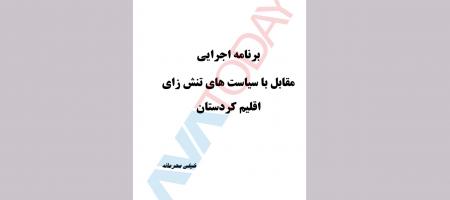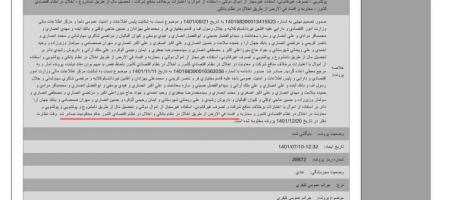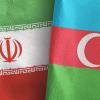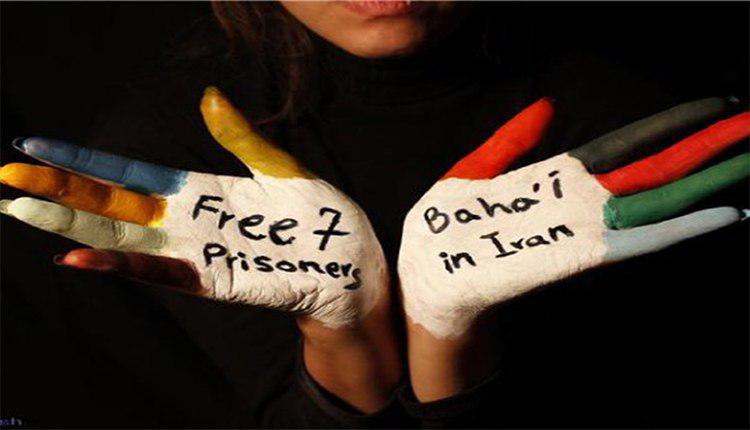
Since the establishment of Islamic Republic of Iran and after 1979 revolution, several religious minorities have not been recognized by the Shiite-majority regime; amongst them are the Baha’i minorities.
Baha'i has nearly six to seven million followers worldwide, but their population in Iran has dropped to 300 thousand comparing with 750-800 thousand forty years ago before the Islamic revolution.
Regarding the discrimination that religious minorities face in Iran, the representative of Baha'is in the Ministry of Mortmain and Religious Affairs in the Kurdistan Regional Government (KRG) said that "Currently, Baha'is around the world adopt international laws and human rights to address the discriminations that Baha'is face in Iran, which is quite clear for the United Nations.”
In an exclusive interview, Sarmad Maqbal Keykhosro told Avatoday: "Baha'is around the World use international organization to help their fellows in Iran.”
Article 13 of the Islamic Republic Constitution recognizes a multi-religion society and approves Islam (Twelver Shiite), Christian, Jew, Zoroastrian, but all of them should be entitled to the Islamic frame.
According to Keykhosro, “If anyone formally announces that he or she is a Baha’i, he or she will be prevented from University education and having job in any government position.”
The Iranian government doesn't recognize Baha'i as a religious minority; it rather uses radical groups against them and considers them as 'zandiq' (untouchables). Iranian regime also doesn't miss a chance to suppress them, and every year hundreds of them are arrested or several of them get executed. Earning a living for some of them is getting harder because the government shut down their businesses and shops constantly.
In May 2019, United States Commission on International Religious Freedom (USCIRF) that is an US government organization based in Washington, and observe religious freedom across the world approved that “Iran has intensified its pressure on religious minorities."
“Baha'is around the world are peaceful people and don't take any hostile or political measures in retaliation," the representative of Baha'is in the Kurdistan Regional Government said.
He also emphasized that "most of the reports have clarified that after the revolution of 1979 up to now there have been several execution cases; 180 to 200 have been executed for their faith in Baha'i."
He also stated: "Baha'is in Iran like other Baha'is in the world love their homeland and communities.”
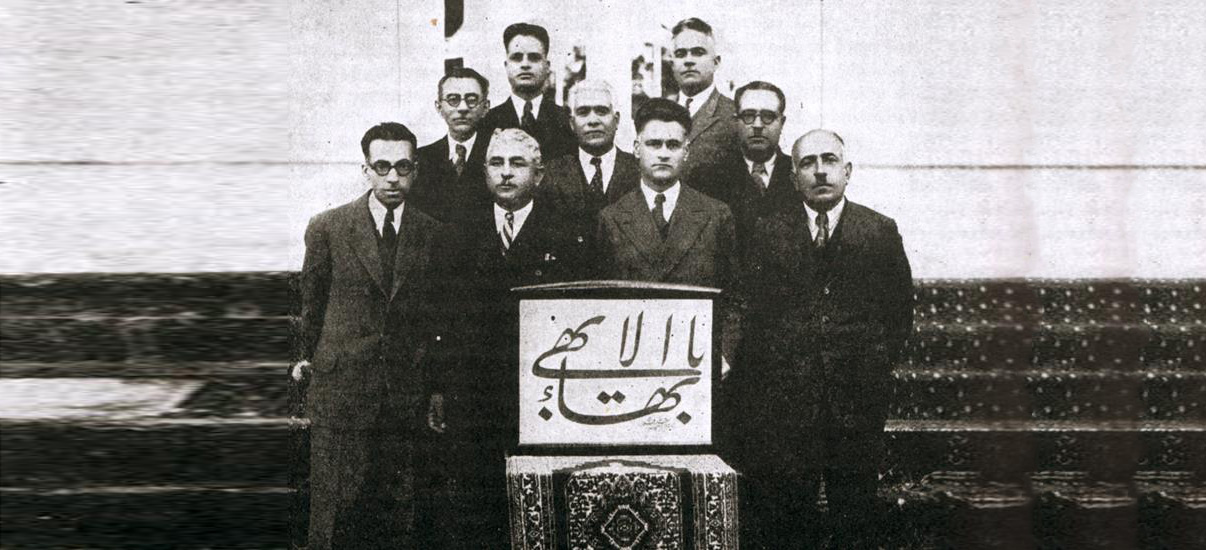
Baha'i is one of the monotheistic religions founded in Iran back in 1844, based on natural, racial, and human unity; its doctrine is based on three main principals including, singularity of God, singularity of religion, and the unity of humanity.
Hossein Ali Noori known as Bahaollah announced Baha'i religion in Najiba garden also known as Rezwan garden near Baghdad in May 1863.
The United States Commission on International Religious Freedom emphasized that "Iran is among the sixteen countries in the world that has violated the rights of religious minorities in 2018, and it has been on the list since then."
Keykhosro also revealed that “Baha'is have an International Community (BIC) that has five main headquarters in the United Nations, Luxembourg, Geneva, Addis Ababa and Jakarta.”
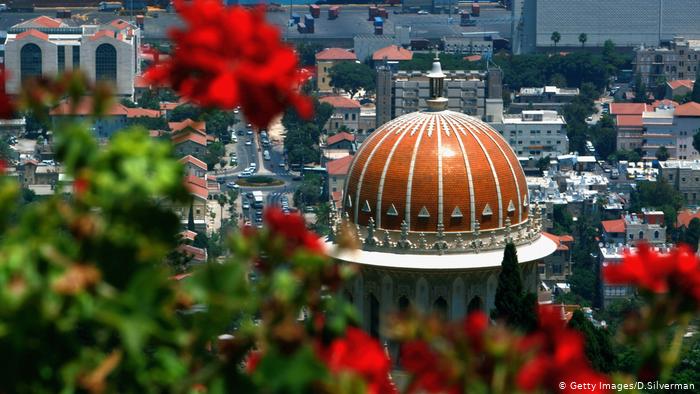
"Baha'is have their special religious rituals in which they are forbidden to work in specific days, but in Iran Baha'is who have their own businesses and if they close for that specific day, unidentified people spoil his or her business, these kinds of destructive activities are very common in Iran against Baha'is." Representative of Baha'is in the Kurdistan Regional Government explained.
Iranian Baha'is, who are the largest religious minority, have faced several cases of unjustified arrest and torture. Last year, some of the influential Baha’is have been arrested and some of them were expelled from Iranian Universities.

